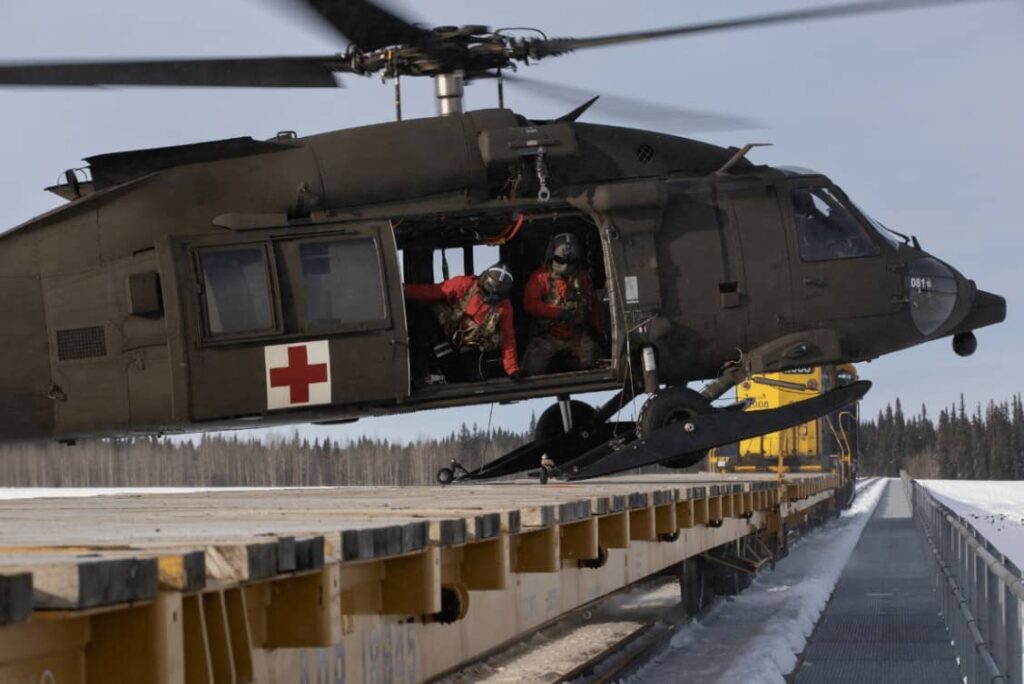Congress Demands Answers On Low Testosterone Issues Among Special Operators | Task & Purpose

The Defense Department is being directed by Congress to look into incidents of special operators reporting low levels of testosterone, a deficiency leading to a range of physical and mental health effects that this community has been dealing with on their own for years.
The health effects of lowered testosterone among special operations veterans have become so well-known in the community that many refer to it as “Operator Syndrome.”
First defined in a 2020 research paper by Dr. Christopher Frueh, Operator Syndrome considers the unique lifestyle of special operators and low testosterone levels as a result of chronic stress. By 35 years old, many special operators have the same testosterone levels of 80-to-90-year-old men, Frueh told Task & Purpose.
The Secretary of Defense is directed to brief members of Congress next year on available treatments for low testosterone in the military health system and current protocols for testing and screening. The briefing will look closely at how “high-stress operating environments are linked to low testosterone among servicemembers.”
The congressional measure that calls for the briefing is included in the fiscal year 2025 national defense bill which passed the House and is headed to the Senate for a vote this week.
The measure is a long time coming, according to special operations veterans and experts. Many SOF veterans have established nonprofits and non-traditional treatment plans to help former service members dealing with a host of physical and mental health issues linked to low testosterone levels: Sleep disruptions, emotional numbing, feelings of detachment, decreased sense of worth and loss of motivation.
Former special operations personnel and medical experts interviewed by Task & Purpose said they welcomed the idea of studying testosterone, but cautioned that it’s just the tip of the iceberg for common health problems among current and former special operators.
Frueh said the syndrome is a way to address “a complex set of injuries and impairments” and describe “interrelated” physical conditions that special ops vets are vulnerable to such as traumatic brain injuries, hormonal dysfunction, sleep problems, psychological difficulties like depression, anxiety, post-traumatic stress disorder, social difficulties and relationship problems.
As men age, testosterone levels naturally decrease. The decline can lead to symptoms like sexual dysfunction, depression, concentration issues, sleep problems and metabolic effects. But research indicates a strong connection between stress and low levels of testosterone, even in younger men. The connection between testosterone and its corresponding health impacts are well understood. A Department of Veterans Affairs website page for “Improving Low Testosterone Naturally” even advocates for avoiding excessive stress.
Rep. Jimmy Panetta (D-Calif.) originally proposed a five-year study of the problem in the 2025 Pentagon budget. The House-originated measure called for the Defense Department to look at training and deployment impacts on testosterone levels and the long-term health impacts for those assigned to special operations units. But that study was dropped in the final language of the bill passed this month, with the Congressional briefing included as a compromise. The original amendment focused on the impacts of low testosterone on special operations service members but the briefing could be broadened to include health effects across the broader military.
“Despite surveys of both veterans and active duty servicemembers indicating a potential link between the stress of military service and decreased testosterone levels, we still lack comprehensive data on this issue,” Panetta said in a statement to Task & Purpose. “This is especially true for our Special Forces, whose work requirements can place them under extreme stress, long periods of sleep deprivation, enduring starvation, and high-intensity training that can lead to testosterone depletion.”



